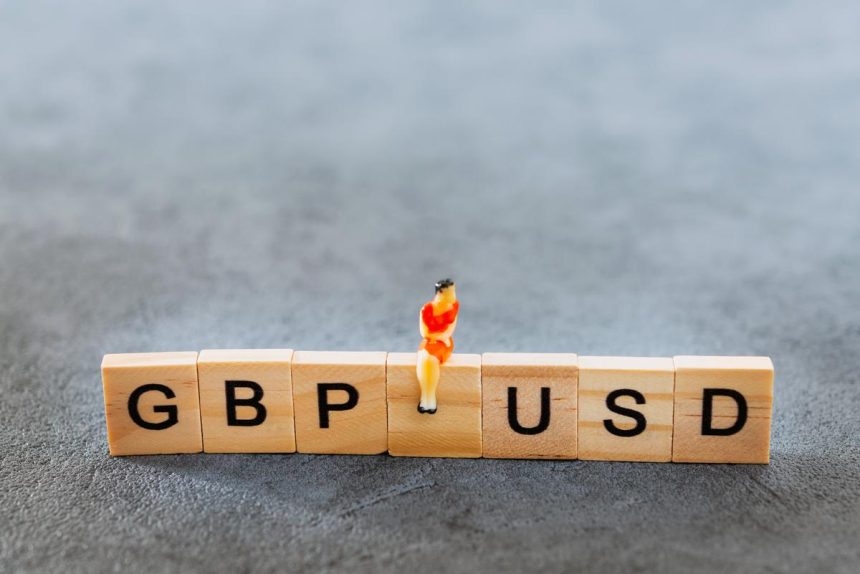Pound falls as investors expect the Bank of England to decrease interest rates sooner than predicted.
The Pound Sterling (GBP) fell to 1.2600 in Wednesday’s European session. As investors expect the Bank of England (BoE) to begin lowering interest rates sooner than previously expected. As inflation in the United Kingdom has slowed. The BoE has become more dovish on the interest rate outlook.
The BoE’s Bailey stated that market estimates for two or three rate cuts this year are justified.
In a recent interview with the Financial Times, BoE Governor Andrew Bailey noted. Market expectations of rates The cuts this year are appropriate. Regarding the inflation prognosis. Bailey stated, “We are not seeing a lot of sticky persistence.”
Daily Market movers: Pound Sterling falls as US Dollar recovers.
The pound sterling falls further to 1.2600 as the US dollar rises dramatically. Ahead of February’s core PCE price index data. The Federal Reserve’s (Fed) favored inflation measure may provide some hints wondering. When the central bank could start lowering interest rates?
Stubborn inflation and a robust economic outlook in the United States may allow the Fed to postpone its rate cut plans. The Fed’s most recent dot plot, issued last week. Indicated three rate reduction this year.But slower progress in lowering inflation to the 2% objective could result in fewer cuts.
Aside from the risk-off mentality, market expectations for the Bank of England’s interest rate outlook will determine the next move in the pound sterling. A strong drop in UK inflation data for February has boosted anticipation that the BoE will begin lowering interest rates early in its June policy meeting. Before the announcement of lackluster inflation statistics, and slightly dovish The BoE’s interest rate guidance indicated that rate reduction were likely to begin with the August meeting.
The Bank of England was seen as slightly dovish at its most recent meeting, with no policymakers voting for a rate hike for the first time since September 2021. Catherine Mann, a hawk, abandoned her rate hike recommendation after observing that customers are hesitant to pay greater fees for services like as travel and hospitality, she said in an interview with Bloomberg. Mann went on to say that businesses are reducing working hours during periods when more workers are needed. She went on to say that the government’s drop in social security rates will boost the number of workers in the labor market.
This week’s primary event will be February’s US core PCE price index data.
The GBPUSD is under pressure from negative market sentiment. Investors are wary ahead of the release of the United States’ core Personal Consumption Expenditure price index (PCE) data for February on Good Friday.
The US Dollar Index (DXY), which measures the Greenback’s value against six international currencies, increases to 104.40.
This week, the UK’s economic calendar is light. Investors will be looking for revised Q4 2023 GDP projections. Any considerable shift from preliminary projections will have an impact on the pound sterling. According to preliminary estimates, the UK economy entered a technical recession in the second half of 2023, following a 0.3% contraction in the October-December quarter.









